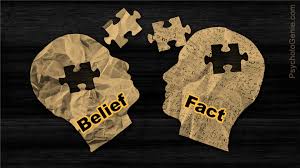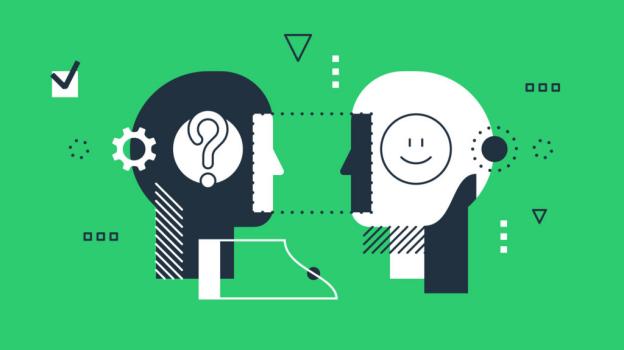
The term "confirmation bias" comes from cognitive psychology, which describes how individuals prefer information that supports their prior assumptions. Experts in behavioral finance observe that this principle applies to investors in different ways. Since investors are drawn to facts that support their current views and ignore evidence or facts that contradict their beliefs, they can influence the quality of their choices based on their individual cognitive biases. This psychological issue happens when investors block out potentially useful information and perspectives that aren't in line with their beliefs.
Understanding Confirmation Bias
Confirmation bias influences perceptions and how we make decisions across all aspects of our lives. However, it can cause specific problems for investors. When they research an investment option, investors could be tempted to look for or choose facts that support their beliefs about the investment or the strategy, but do not register or over-weight any data that contradicts or challenges their concepts. This results in a biased perspective and a self-feeding loop. Confirmation bias could result in investors making poor choices, be it the choice of investment or the timing of trading.
Confirmation bias is why investors may not act rationally and may also support claims that the market acts poorly. The condition is a cause of overconfidence among investors. It can help explain why the bulls stay in the bullish camp while the bears are more likely to remain neutral regardless of what's happening within the markets.

Different Types Of Confirmation Bias
Biased Research
This confirmation bias results from making a choice or adopting an opinion and then seeking data that confirms the idea. This could happen in a way that is not conscious. In the manner people search for information or words, a query could reflect their preferences and thus provide the evidence they are looking for.
Biased Interpretation
This confirmation bias is related to how people perceive and interpret information. Typically, evidence that does not agree with preconceptions is uncomfortable and is therefore ignored or not given much consideration. In contrast, confirmation evidence is generally accepted without a second thought or, at the very least, more easily. This ambiguity in how information is interpreted is why research frequently does not change people's opinions about subjects.
Biased Recall
This kind of confirmation bias has to do with memory. Past experiences and events affect our current behavior and thinking naturally. But we remember things in various ways, and frequently the selective nature of memories helps reinforce existing beliefs as opposed to actual beliefs that are affected by the memories. That is, we remember the past in a manner that strengthens the present. Certain theories suggest that evidence that supports our preconceptions will be more likely to stay in our minds. At the same time, information that contradicts our beliefs is more likely to be buried or forgotten.
Why Does Confirmation Bias Exist?
It's Efficient
There's a lot of information there, and it's increasing in size in our age of digital media. We don't have time or energy to assess everything equally to make unbiased choices. By encouraging us to search for or accept certain kinds of information, the confirmation bias can help to cut through the noise. It's a powerful but restricted method to alter evidence and process information.
It Helps To Improve Self-Esteem
People love feeling good about themselves and being smart, good, decent, and correct. When they discover that they're wrong, people feel uneasy about themselves. So, they will search for facts that support their current views, beliefs, and expectations. This is why confirmation bias can increase confidence. It's not a surprise; although anyone is susceptible to it, it is a fact that confirmation bias is most often observed in people who are anxious and have low self-esteem.

It Reduces Stress
"The measure of first-class intelligence is their ability to keep two opposing ideas in one's mind simultaneously and retain the capacity to function". For most people, sustaining a pair of contradictory ideas can lead to cognitive dissonance, emotional distress, and anxiety, which can cause problems in functioning. To lessen the dissonance, the confirmation bias comes into play. Reaffirming certain facts- what we want to be able to see or hear or be told- helps to ease the tension.
The Impact Of Confirmation Bias On The Value Of Investments
Confirmation bias is particularly risky for investors. It is a direct reflection of the influence of beliefs on desire in the way they do; confirmation bias leads to irresponsible behavior. Investment is one in which emotion has no place. Although there are many ways to confirm biases to (adversely) influence the investment decision-making process, here are three typical results.



